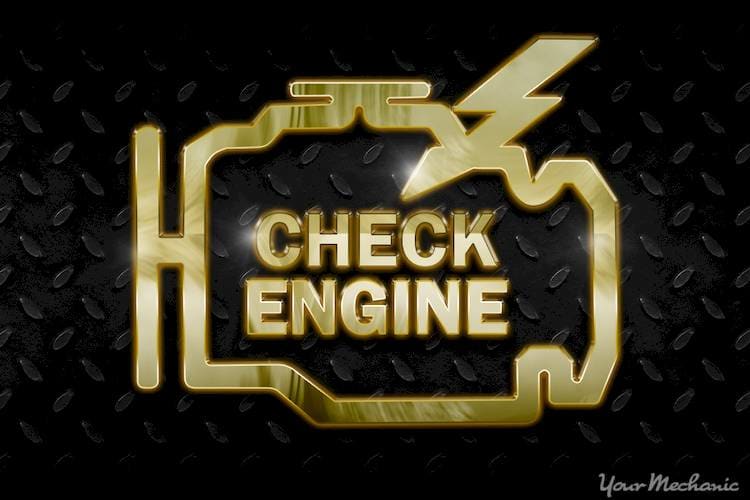P2552 code definition
A P2552 OBD-II trouble code indicates a problem with the throttle or fuel inhibitor circuit. This is a malfunction more commonly found in diesel-powered vehicles. This code is also associated with OBD-II trouble codes P2553, P2554, and P2555.
What the P2552 code means
A P2552 OBD-II trouble code means that the PCM or fuel injection control module, or both, have detected abnormal voltage readings in either the throttle or the fuel inhibit circuit. If the readings vary by more than 10 percent than that recommended by the manufacturer, the error code is stored in the vehicle's computer and the Check Engine Light illuminates.
What causes the P2552 code?
Some of the likely causes of a P2552 OBD-II trouble code include:
- Corroded or damaged connector pins in the fuel injection control module main connector
- Defective fuel injectors
- Open, shorted, or otherwise damaged circuitry, connectors, or other components
What are the symptoms of the P2552 code?
Some of the common symptoms often associated with a stored P2552 code and subsequent Check Engine light include:
In addition, you can also experience other engine misfire, fuel injector, and fuel system pressure codes with a P2552 OBD-II trouble code.
How does a mechanic diagnose the P2552 code?
To properly diagnose a P2552 OBD-II trouble code, a qualified mechanic uses an advanced scan tool or code reader, along with a digital volt ohmmeter to make an initial determination of the problem. Additionally, a visual inspection of the wiring and all connectors is also conducted to see if the problem lies there.
Once the area of the problem has been determined, it is a matter of fixing the issue, retesting the wiring and connectors, resetting the trouble codes in the PCM, and performing a test drive to see if the problem returns or persists.
The steps to properly diagnose a P2552 OBD-II trouble code include:
Using the advanced scan tool to verify the P2552 trouble code.
Checking for any related fault codes, such as those associated with the fuel injection or throttle.
Clearing the error codes and see which ones return.
Performing a test drive once the codes are cleared while analyzing data from the advanced scanner attached to the PCM.
Common mistakes when diagnosing the P2552 code
One common misdiagnosis is to preemptively blame the fuel supply system for the P2552 OBD-II trouble code without performing a complete diagnosis.
How serious is the P2552 code?
In addition to engine misfires and a No-Start condition, a P2552 trouble code can also cause lowered engine performance, which if left unchecked can greatly reduce fuel economy and result in lowered power and performance while driving.
What repairs can fix the P2552 code?
The most common repairs for a P2552 trouble code include:
- Disconnecting and cleaning electrical connectors, and then reconnecting and making sure they are are properly seated.
- Replacing any corroded or damaged wiring and connectors.
-
Replacing any worn or damaged fuel injectors.
- Replacing the powertrain control module or fuel injection control module.
- If the P2552 code returns, inspect all components again to further diagnose the problem, including the wiring, any connectors, the fuel injectors, and the vehicle computer for errors or possible replacement.
Diagnosis of a P2552 trouble code can be difficult, especially if the code persists once reset. In some cases, you might have an intermittent condition. In the worst-case scenario, the difficulty in detecting an intermittent condition might require you to let the condition worsen over time before retesting to get a correct diagnosis.
Another possible way to diagnose and fix a P2552 trouble code is to connect a digital volt ohmmeter to the Fuel Injection Control Module (FICM) to see if the problem lies there. Testing the voltage reading at the FICM allows you to determine if the module has sufficient power and is grounded while turning the ignition to the start position. If you detect the necessary voltage at that point, then more than likely there is an open circuit somewhere within the controller connector.
Need help with a P2552 code?
YourMechanic offers certified mobile mechanics who will come to your home or office to diagnose and repair your vehicle. Get a quote and book an appointment online, or speak to a service advisor at 1-800-701-6230.
Check Engine Light
trouble codes
P2552





